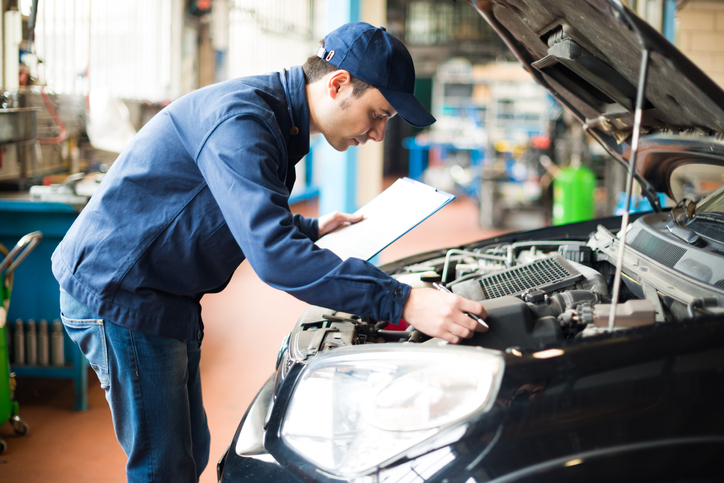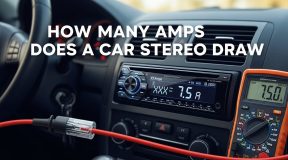It is worth saying that the first thing is to recommend a quick review after confinement to avoid dangers if you have a diesel, but also if you drive a gasoline car. However, there are two specific dangers for diesel cars.
It is worth saying that the first thing is to recommend a quick review after confinement to avoid dangers if you have a diesel, but also if you drive a gasoline car. For starters, because machines generally do not sit well with long periods of inactivity and in addition to a door that squeaks, you may have dirt covering the outlets of the wipers, as less damaging effects of the stoppage.
However, there are two specific dangers to diesel cars behind current confinement, and the first one is well known, and feared, by good drivers. This is the particle filter, the part attached to the exhaust system and which prevents the vast majority of the soot particles generated by burning diesel from escaping into the atmosphere.
As the Race has already verified in this thread on its twitter account, since the quarantine began, assistance services to diesel vehicles have increased with a problem in the particle filter. If it breaks down, the car will continue to run, but it may not start afterwards and, long before a total failure, the orange box lights up with a serpentine or dotted shape, which sometimes goes inside a rectangle.
This piece accumulates the particles until, from time to time, it has to incinerate them and expel the result in the form of a cloud of black smoke. But for this, the engine must reach a certain temperature and give it time to add more diesel to the mixture to also raise the temperature of the exhaust gases to 600 degrees.
This is the indicator light that comes on in diesels with a problem in the particulate filter.
This could not have happened in the typical displacements allowed during the Alarm State, which will always have been short-haul. But, what is much worse, if your diesel car has tried to start this procedure because the particle filter was already full, since it had not reached the minimum necessary travel time, it will have been interrupted.
If this happens three consecutive times, the failure of the particulate filter is practically assured. Hence, assistance to diesel cars is increasing during confinement and will go up at the end of it if their drivers, when it can be done, do not directly take them to drive half an hour on the highway as soon as they start them.
The second threat to diesel cars after confinement
This is the indicator light that comes on in diesels with a problem in the particulate filter.
Last week, ACEA, the employers’ association for European car manufacturers, issued a double warning about the dangers of gasoline for cars after the coronavirus, on suspicion that several countries are considering mixing diesel with aviation fuel to free it from stock to the distributors.
Needless to say, planes do not fly, so the kerosene they use has been accumulated in the tanks for a month. However, as ACEA warns, jet fuel cannot be used in diesel cars because it contains a sulfur level much higher than that allowed in the automotive industry for several decades.
And if you don’t believe it, your blood may boil when you know that the sulfur limit for automotive diesel is less than 10 mg / kg according to the EN 590 directive. However, jet fuel has 3000 mg / kg. However, this risk for diesel cars after confinement is not only for the environment, sulfur can alter and damage precisely the gas treatment systems of diesel cars.
Here, ACEA has also extended the alert to buses and trucks, which use the same emission reduction technologies. The consequences of mixing diesel with jet fuel will be catastrophic for the car: lack of lubrication of the internal parts of the engine, dashboard indicators that would cause error and irreversible damage to the catalyst, filters, sensors and fuel injection systems.
You may also like http://aliceswonderlandnursery.com/






